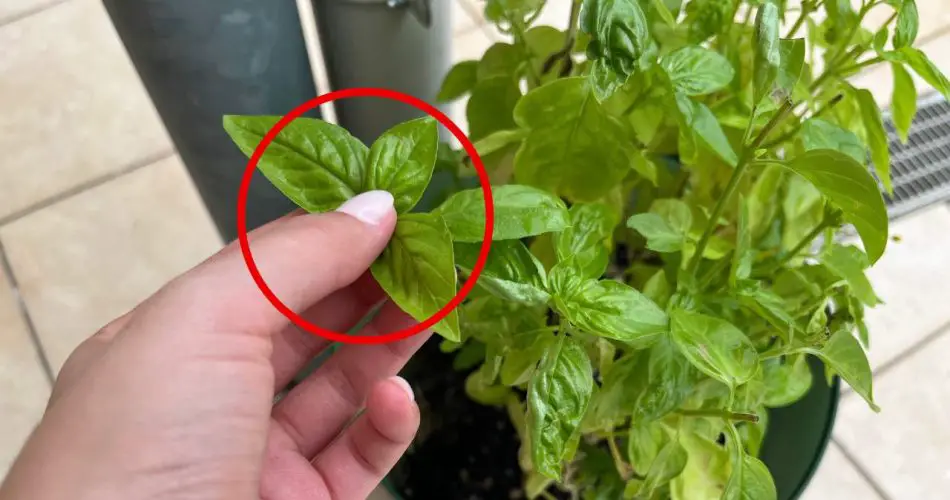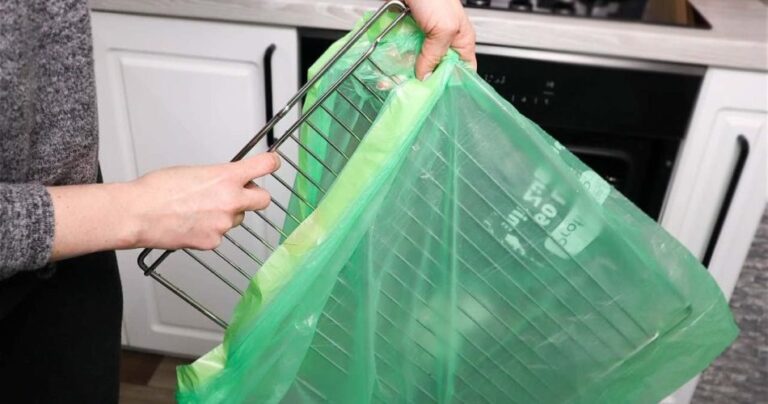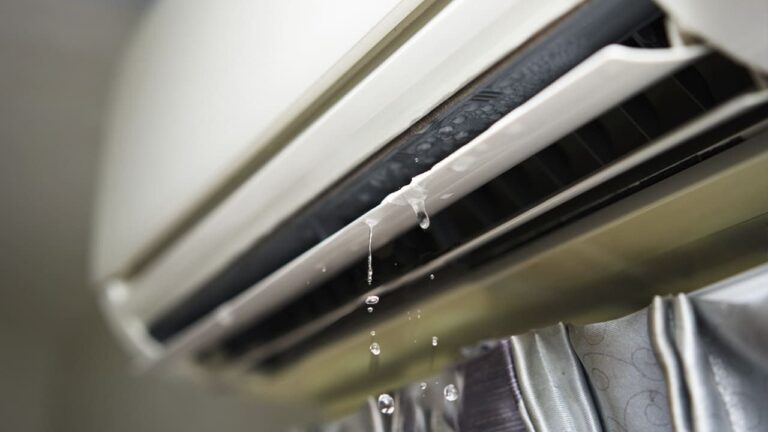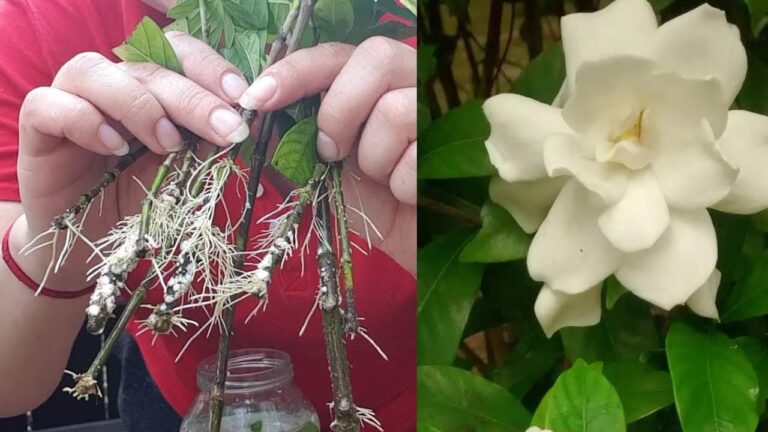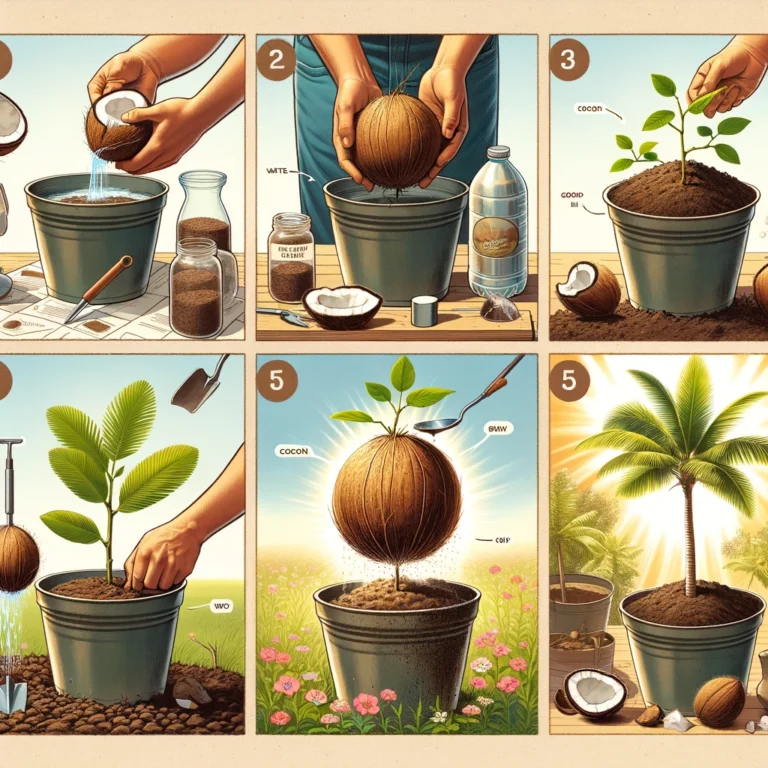Basil, you should NEVER harvest it like this: in a few days you make it rot
Discover the little-known essential oil that weeds naturally!
Did you know that basil must be harvested in a certain way to prevent it from rotting? Gardeners know well how to grow it so that it does not dry out and leaves abundant, wide leaves. Let’s see how to never harvest basil and what to do to keep it thriving!
An aromatic plant with an intense aroma, widely used in cooking but also for excellent infusions, basil is one of the most appreciated aromatic plants of all. Its intoxicating aroma is pleasant to the smell and delicately prevails over all others, without being annoying.
Having it available is a great advantage to exploit all its benefits and properties . Ideal to have on the windowsill, on the balcony, on the terrace, or to grow in the garden or orchard, basil does not need excessive care, but you must pay attention to how it is harvested.
In fact, there is a precise harvesting method to keep it healthy and lush, and you also have to be careful with watering, because it does not like stagnation .
So how can we prevent roots from rotting and always have plenty of leaves to collect? Here’s what you should do to keep basil healthy and how to harvest it so it doesn’t dry out.
When to transplant the plant
If it is placed in a very small pot, the basil will rot, so as soon as you buy it you will have to transplant it to a larger one, so that it has plenty of room to grow.
Transplanting basil is easy, just gently remove the roots and replant them in a larger pot . This way there will be more space for the root system, which can strengthen and grow healthily, so that the basil becomes more lush.
Or, if you planted it yourself , you have to wait about 15 days to see the first seedlings appear. When at least four leaves have sprouted, it is time to transplant the basil and you can transplant it from the pot or from the ground to a larger pot.
Add soil to the pot, until the roots and a small part of the stem of the seedlings are covered and the transplant work is completed.
Place the basil in a sunny location.
The basil plant needs a lot of light to grow well , at least 10-12 hours of light a day. That is why it is necessary to place it in a place where the sun can easily reach.
The ideal is to place it on a window sill or, if the vase is larger, on the balcony of your house, from where it can catch the light.
Alternatively, you can grow basil in the garden , taking care to plant it in a sun-drenched area.
Do not overwater basil
Basil loves humidity , but does not tolerate too much of it . For this reason you must be careful to keep the soil moist, avoiding stagnation of water, which is dangerous for its roots.
Due to excess water the roots could rot and the basil could be on its way to death. So pay attention to water and fertilize the plants every 2 weeks to keep them healthy and strong.
Make sure that the plants are not attacked by insects, otherwise use some remedy to keep them away.
The leaves must be collected frequently.
The beauty of this plant is that the more often the leaves are harvested , the greater the subsequent growth . For this to happen, however, you must leave a section of leaves at a time and to do this you must collect them from above.
This simple rule will increase the growth of basil leaves and you will always have lush plants with plenty of leaves to harvest when you need them.
Another rule to always have plenty of basil leaves available is not to let it flower . To prevent flowering from occurring, you must remove the top where the flower forms. Or, if the inflorescence forms, you should cut it off immediately and the plant will produce more branches and leaves.
Since this will produce a lot of basil, you can store it in the freezer, so you can use it as many times as you want and enhance the flavor of your dishes.
